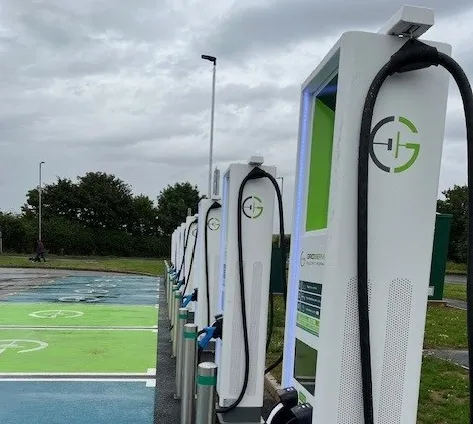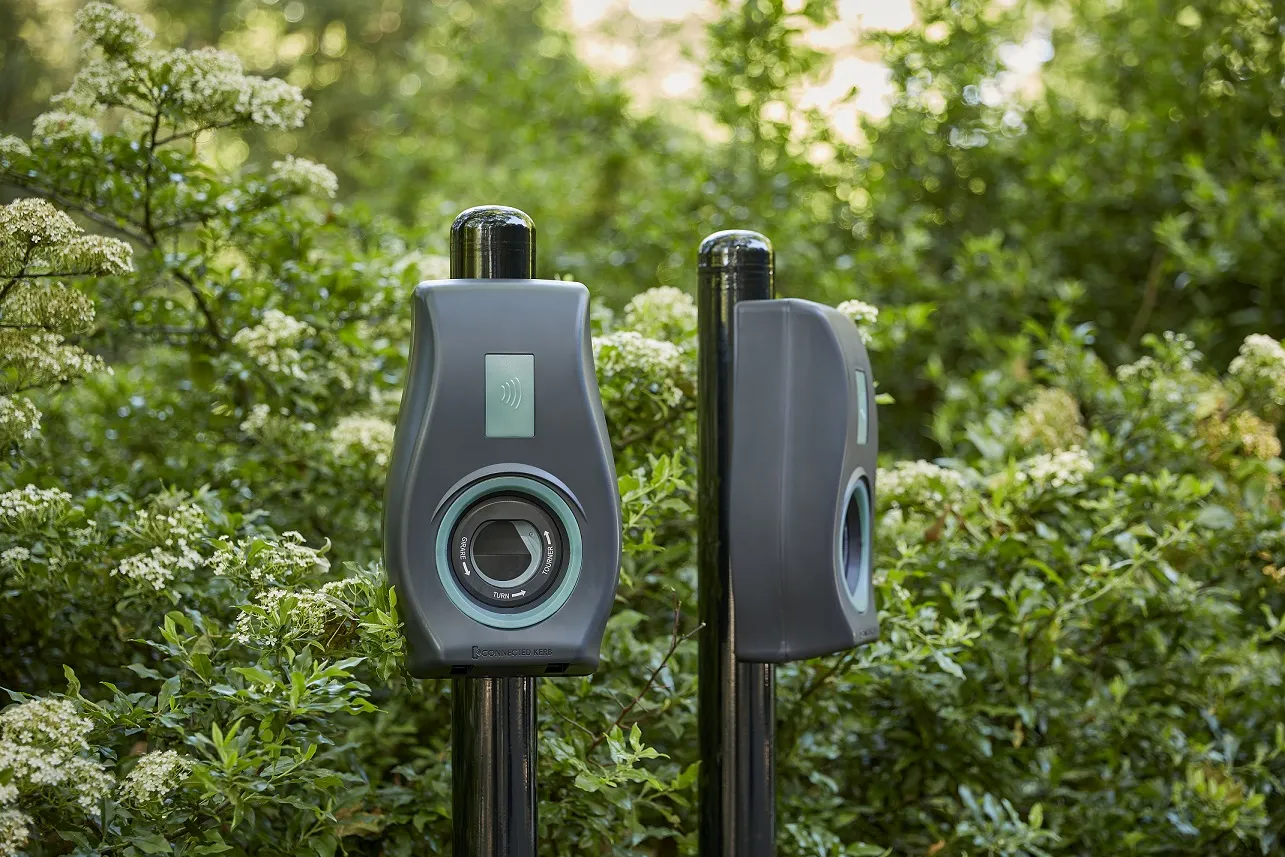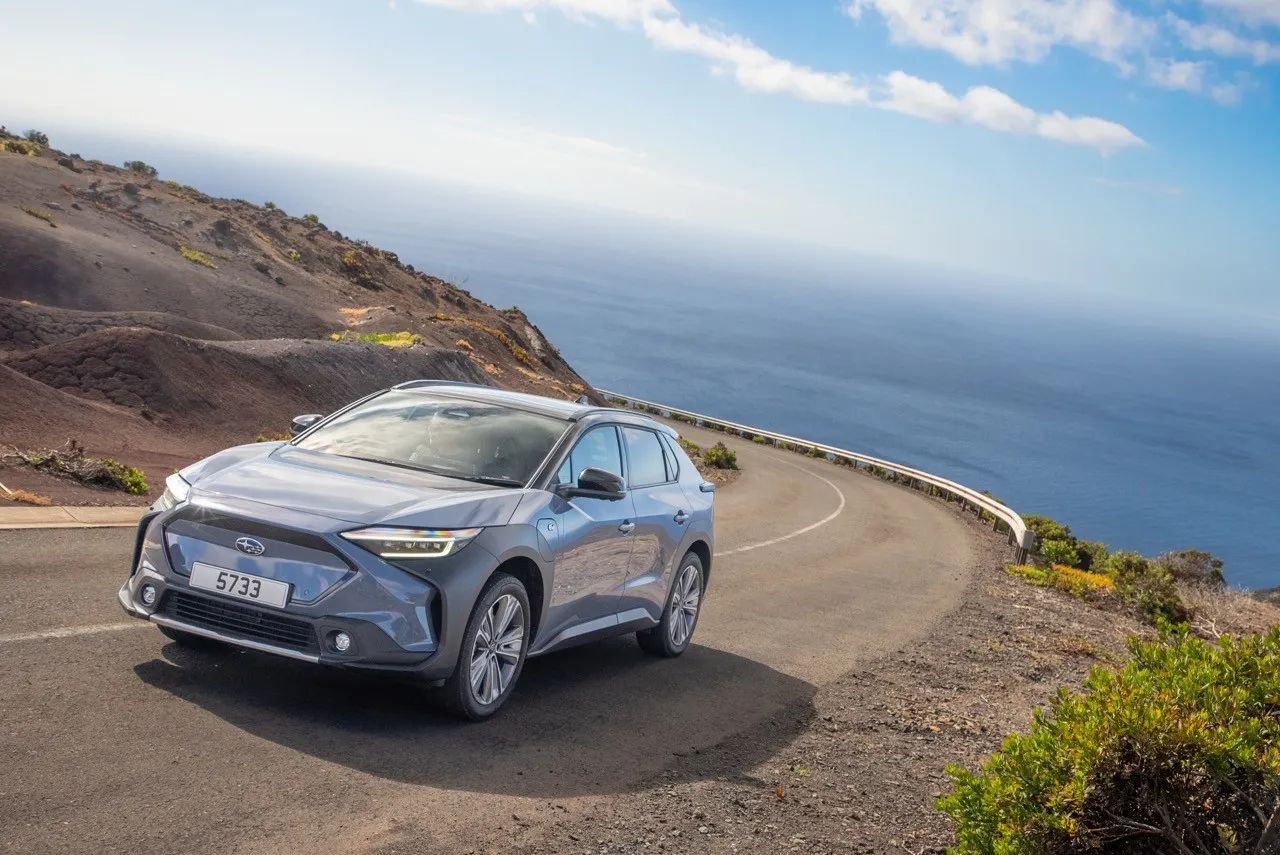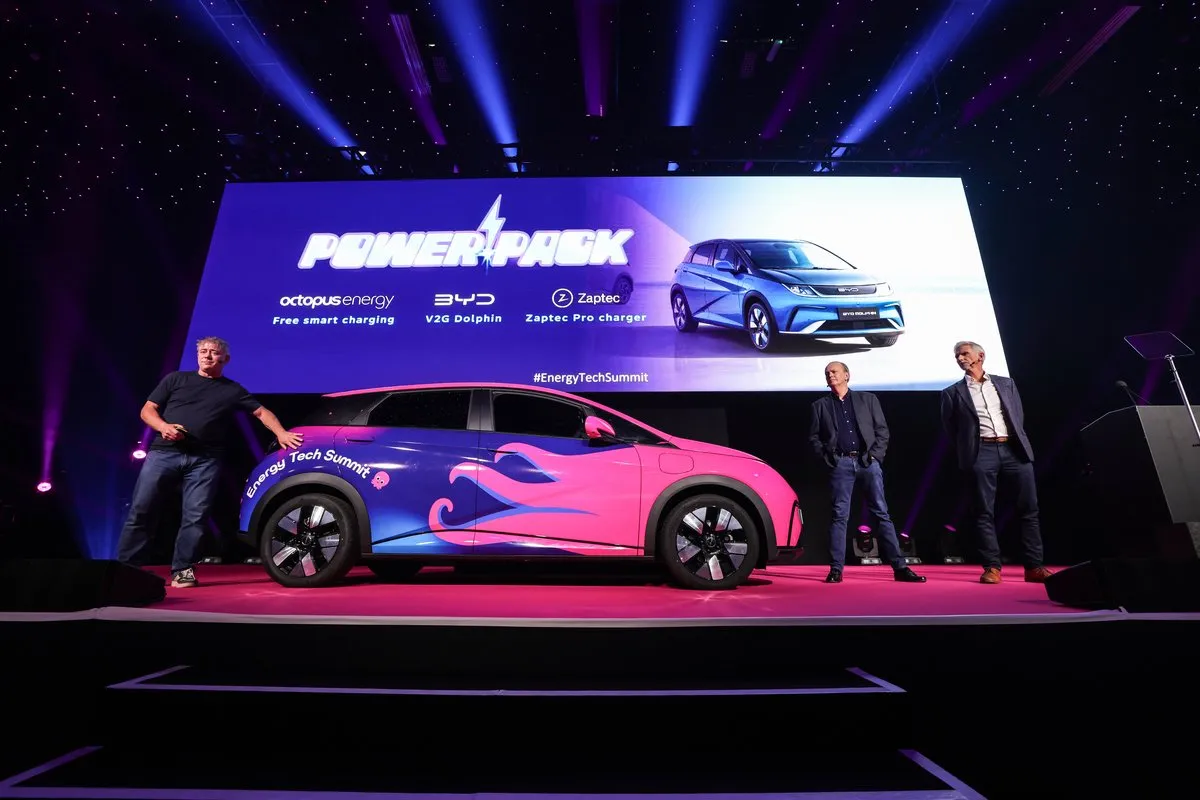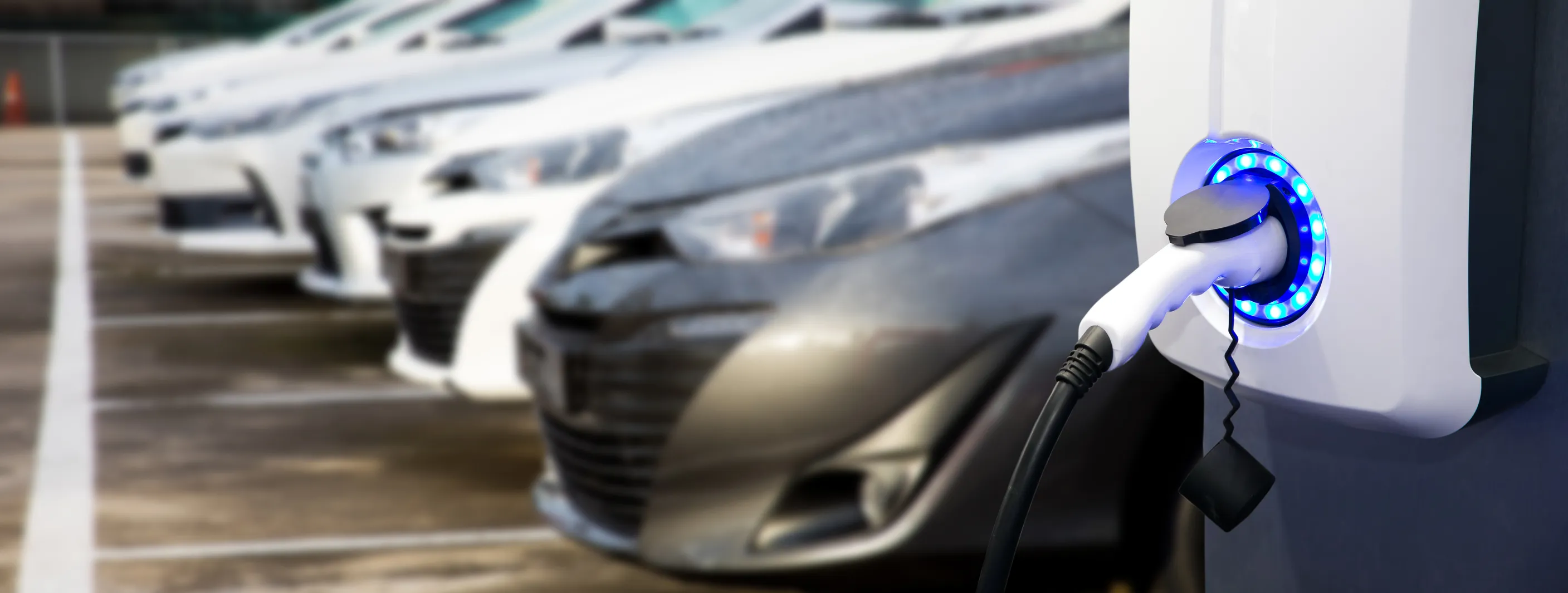
The UK government says it is removing red tape from the EV chargepoint installation process, with less drivers and businesses needing to submit a planning application to install public or private EV sockets.
Future of Roads Minister Lilian Greenwood said that the change, which came into effect on May 29, will mean more EV owners with a driveway will find it easier, quicker and cheaper to install a private chargepoint and power up their EVs at home. She added this will unlock savings of up to £1,100 a year compared to running a petrol or diesel car.
With planning changes also applying to workplace and public chargepoints, the government says businesses will be able to install new sockets faster and for less, helping increase the number of public chargepoints.
Government support has previously allowed people renting or owning a flat, and those with on-street parking, to receive up to £350 off the cost of installing a home charger.
Greenwood said: “We continue to make the switch to EVs easier, cheaper and better by investing over £2.3bn to support drivers and back British carmakers through international trade deals - creating jobs, boosting investment and securing our future as part of our Plan for Change.”
The Government says it has now helped install 18,600 sockets in workplace carparks in the last year, with nearly 80,000 public EV chargepoints now available in the UK.
DfT statistics show that a record of nearly 3,000 public charging devices were added in April – with one coming into operation every 29 minutes.
Lewis Gardiner, operations director of the Osprey Charging Network, commented: "This is a hugely welcome and practical change that will make a real difference on the ground.
“Removing the need for planning permission for essential electrical infrastructure like substations across the majority of sites will save months of delays, reduce costs, and accelerate the delivery of the rapid charging hubs drivers need.
"It’s the result of months of collaboration between industry and Government, and we’re proud to have played a key role in making it happen."
There are now nearly 80,000 public EV chargepoints now available in the UK. Image:


